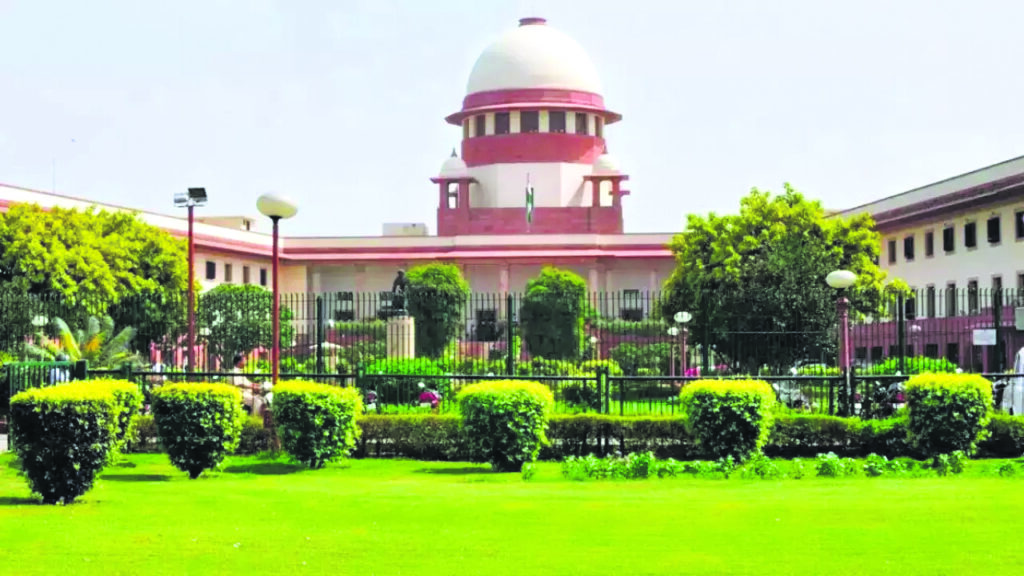Radhika Mittal
On August 27, The Supreme Court today made critical observations about the fairness of investigations conducted by the Central Bureau of Investigation (CBI) and the Enforcement Directorate (ED) in the Delhi liquor policy case, while granting bail to Bharat Rashtra Samithi (BRS) leader K Kavitha. The Court raised serious concerns regarding the apparent selective prosecution by these investigative agencies.
The Bench, comprising Justices B.R. Gavai and K.V. Viswanathan, emphasized that the prosecution must maintain fairness and cannot arbitrarily pick and choose whom to prosecute. Justice Gavai expressed his dismay over the decision to make a witness out of an individual who had incriminated himself, instead of charging him as an accused.
“Prosecution has to be fair. A person who incriminates himself has been made a witness! Tomorrow you pick up anyone as you please and leave anyone as you choose? You cannot pick and choose any accused. What is this fairness? Very fair and reasonable discretion!“, remarked Justice Gavai.
Kavitha had approached the Supreme Court challenging the Delhi High Court’s decision, dated July 1, 2024, which had dismissed her bail pleas in the cases registered by both the CBI and the ED. The Supreme Court had issued a notice on August 12, following arguments that Kavitha had already spent five months in jail, and that chargesheets had been filed in both cases.
During the hearing, the Court scrutinized the role of Magunta Srinivasulu Reddy, a liquor businessman from South India, who had not been made an accused, while his son, Raghav Magunta Reddy, was charged and later turned approver. Justice Gavai voiced his concern, stating, “Sorry to see these state of affairs. If he has a role, his role is almost equal to that of Kavitha. So you will pick and choose anyone?“
Justice Viswanathan added that , despite Reddy’s involvement, he had a status higher than an approver as a witness, which meant his testimony would be directly admissible in court. He also noted that Reddy’s involvement appeared to be significant.
The bBench also addressed the lengthy proceedings in the case, with Justice Gavai cautioning the Additional Solicitor General (ASG) that such extended arguments in bail matters could hinder the court’s ability to address other cases efficiently. He remarked that extended hearings could not be justified merely because the parties involved were prominent figures.
In a pointed exchange, the Court questioned whether Buchi Babu, whose statement had been cited by the ASG, was an accused in the case. The ASG clarified that Babu was not an accused in the present case, only those involved in money laundering were charged. However, Justice Gavai countered that Babu had a role and was described as a conduit in the ASG’s submission, warning that further arguments could lead to more critical observations from the Bench.
The Supreme Court granted bail to Kavitha, ordering her release upon furnishing sureties of Rs 10 lakhs each in both cases. The Court also directed her to deposit her passport and refrain from influencing or intimidating the sureties.
Case Titles:
Kalvakuntla Kavitha vs Directorate of Enforcement | SLP(Crl) No. 10778/2024
Kalvakuntla Kavitha vs Central Bureau of Investigation | SLP(Crl) No. 10785/2024
Bench: Justices B.R. Gavai and K.V. Viswanathan

